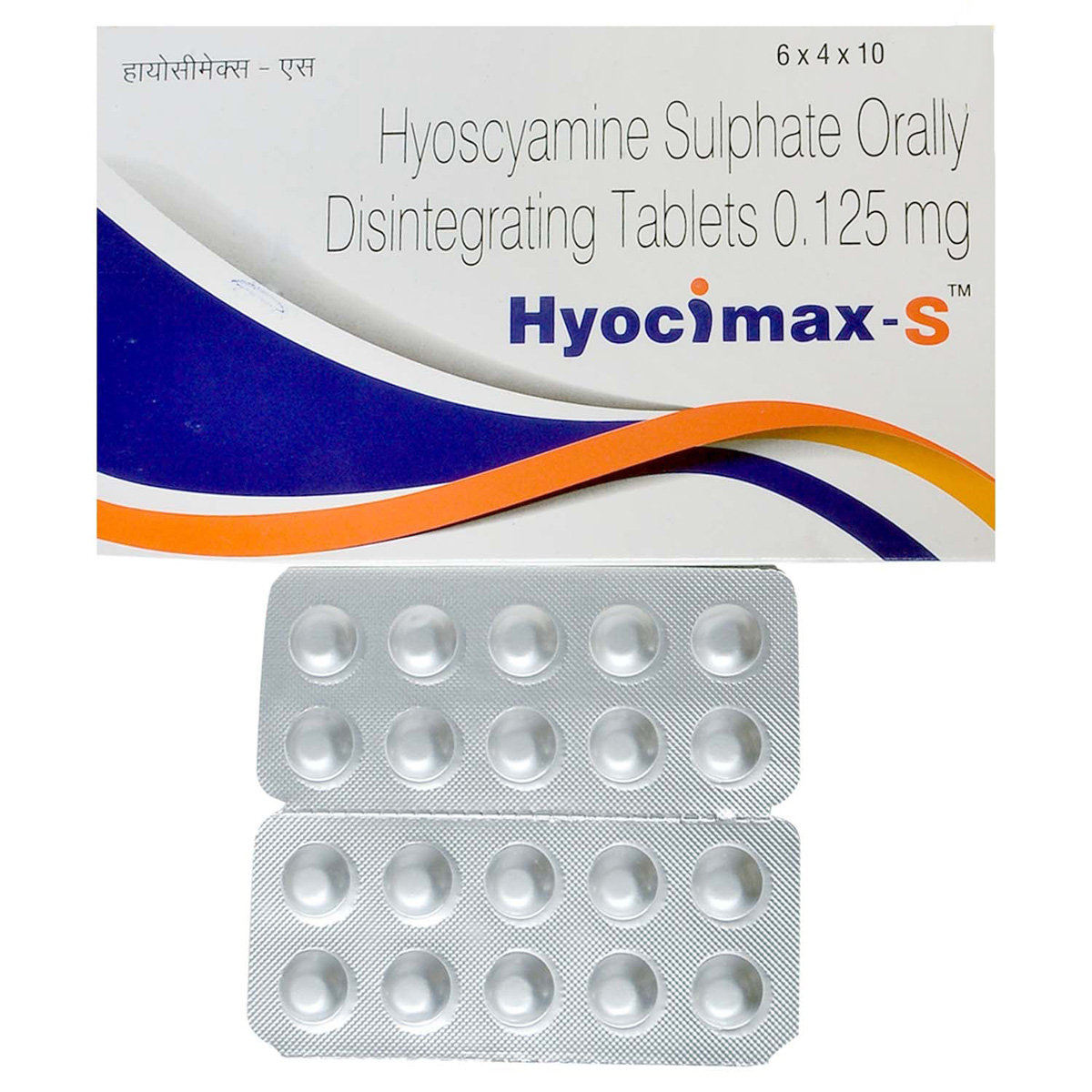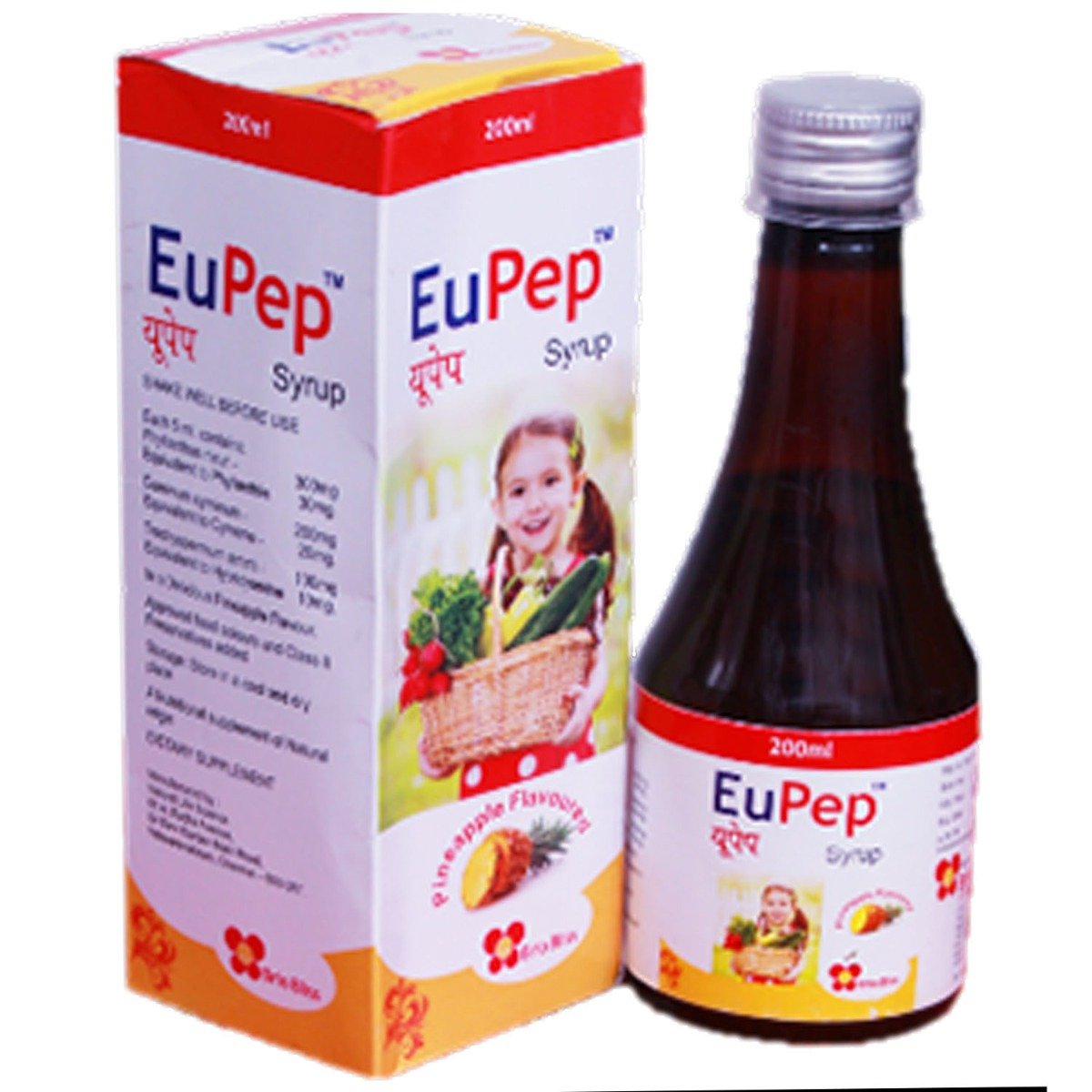Hyoscyamine
About Hyoscyamine
Hyoscyamine belongs to the group of anticholinergics and antispasmodics. Hyoscyamine is used as adjuvant therapy in various abdominal disorders, including irritable bowel syndrome, inflammatory bowel disease and peptic ulcer. Hyoscyamine is also used to treat muscular spasms in kidney, bladder and stomach diseases, such as cystitis (UTI), diverticulitis, pancreatitis and gastric colic (spasmodic pain). In addition, Hyoscyamine may be used to relieve tremors in patients who have Parkinson's disease. Hyoscyamine also finds application as a desiccating (drying) agent in disorders of abnormal secretion such as excessive sweating, salivation and even diarrhoea. IBS is an intestinal and gastric disorder causing spasmodic pain in the abdomen. Peptic ulcer disease is a disorder characterised by rupturing of the inner lining of the gut caused by the action of excess stomach acid. Inflammation of the pancreas and urinary bladder is referred to as pancreatitis and cystitis, respectively.
Hyoscyamine contains Hyoscyamine Sulphate, which is an anticholinergic. By blocking the activity of acetylcholine, Hyoscyamine helps control disease states produced by an excess of secretions of the body, including sweat, saliva, urine, tears and faeces. In addition, Hyoscyamine also works as an antimuscarinic agent, relieving painful cramps produced in organs during disorder and disease.
Hyoscyamine is a prescription-only medication. Take Hyoscyamine as directed by your doctor. In some cases, Hyoscyamine may cause common side effects such as dry mouth, skin dryness, constipation, dizziness, fatigue and decreased urine output. Most of these side effects do not require medical attention and resolve gradually over time. However, you should talk to your doctor if these side effects persist.
You should inform the doctor if you are allergic to Hyoscyamine or any of its components. Keep your doctor informed if you suffer from an enlarged prostate, bladder obstruction, intestinal obstruction, severe inflammatory bowel disease, toxic megacolon, myasthenia gravis or glaucoma. You should use Hyoscyamine with caution in case of thyroid disease, kidney disease, heart problems, GERD or hypertension. Before using this medicine, inform your doctor if you are using antacids, antidepressants, bisphosphonates, heart medicine or antihistamines. Discuss your entire surgical history with the doctor and any previous intestinal operations. If you are pregnant, plan to become pregnant or are breastfeeding, consult your doctor before taking Hyoscyamine. Avoid consuming alcohol with Hyoscyamine, as there may be an interaction. While taking Hyoscyamine, avoid driving or operating heavy machinery because it may cause drowsiness or dizziness.
Uses of Hyoscyamine
Medicinal Benefits
Hyoscyamine is an anticholinergic/antimuscarinic drug used to control visceral spasms. It contains Hyoscyamine Sulphate. It is used primarily in the treatment of IBS and to treat peptic ulcers. Acetylcholine is a substance that controls and modulates the various secretions of the body, including sweat, saliva, urine, tears and faeces. By blocking the activity of acetylcholine (anticholinergic), Hyoscyamine helps curb and treat disease states produced by an excess of these secretions. In addition, Hyoscyamine also works as an antimuscarinic agent, relieving painful cramps and contractions produced in organs during disorder and disease.
Directions for Use
Storage
Side Effects of Hyoscyamine
- Dry mouth
- Constipation
- Headache
- Blurred vision
- Difficulty sleeping
- Drowsiness
- Difficulty urinating
- Dizziness
Drug Warnings
Hyoscyamine should not be used in case of any known allergy to either of the components. Keep your doctor informed if you suffer from an enlarged prostate, bladder obstruction, intestinal obstruction, severe inflammatory bowel disease, toxic megacolon, myasthenia gravis or glaucoma. Hyoscyamine should be used with caution in case of thyroid disease, kidney disease, heart problems, GERD or hypertension. Keep your doctor informed if you are on any antacids. Discuss your entire surgical history with the doctor and any intestinal operations such as colostomy or ileostomy (relating to the colon and ileum, parts of the intestine) that may have been done in the past. Consult your doctor before using the Hyoscyamine during pregnancy, breastfeeding, or even if you are trying to get pregnant. Keep your doctor informed if you are on any antacids, corticosteroids, anti-anxiety drugs, bisphosphonates, antifungal medicines, other anticholinergics, antidepressants, heart medication, muscle relaxants and or antihistamines. Hyoscyamine may interact with alcohol, and please consult your doctor before use. Hyoscyamine may cause dizziness and is not recommended to take while driving or operating heavy machinery.
Drug Interactions
Drug-Drug Interactions: Hyoscyamine may interact with certain electrolytes (e.g. potassium chloride), certain medicines used to treat a kidney stone condition (e.g. potassium citrate), and medicines used to treat certain types of seizures (e.g. topiramate, zonisamide).
Drug-Food Interactions: Hyoscyamine can interact with alcohol.
Drug-Disease Interactions: Hyoscyamine may interact with diseases conditions, including a known hypersensitivity disorder, autonomic neuropathy (dysfunction of the nerves), GI obstruction, glaucoma, obstructive uropathy (a condition in which the flow of urine is blocked), reactive airway diseases, myasthenia gravis (abnormal weakness of certain muscles), and infectious diarrhoea.
Drug-Drug Interactions Checker List:
Safety Advice

Alcohol
cautionYou are advised not to take alcohol with Hyoscyamine as there may be an interaction.

Pregnancy
cautionNot enough studies have been conducted to ascertain the effects of Hyoscyamine on pregnancy. Exercise caution and please consult your doctor if you have any concerns.

Breast Feeding
cautionNot enough studies have been conducted to ascertain the effects of Hyoscyamine on breastfeeding. Exercise caution and please consult your doctor if you have any concerns.

Driving
cautionHyoscyamine may cause dizziness or loss of alertness, which may affect your ability to drive. Exercise caution.

Liver
safe if prescribedHyoscyamine is probably safe on the liver. Please consult your doctor in case of any concerns.

Kidney
safe if prescribedHyoscyamine is probably safe on the kidney. Please consult your doctor in case of any concerns.

Children
cautionHyoscyamine should be used only in prescribed paediatric doses in children below 12 years of age. It is not recommended for use in children less than 2 years of age. Please consult your physician if you have any concerns.
Habit Forming
Diet & Lifestyle Advise
- Cut back on fried foods and animal fats. Eat lean meats, healthy fats, fruits, vegetables and whole-grain foods. Change to a low FODMAP diet. This means avoiding (lactose (milk, ice cream, cheese, yoghurt), fruits like mangoes, apples and plums; legumes; corn syrup, sweeteners, wheat-based bread, cashews and pistachios)
- Avoid taking Hyoscyamine with alcohol as there may be an interaction.
- Stay hydrated by drinking plenty of water, as dehydration is often seen after Hyoscyamine.
- Hypnotherapy and meditation have also proven very effective in relieving symptoms of IBS and other psychosomatic gastric disorders. Check out such holistic treatments for the same.
- Yoga has also proven very effective in controlling many abdominal diseases and promoting good health and digestion. Try to do yoga at least thrice a week.
Special Advise
- Take Hyoscyamine exactly as prescribed.
- If you miss a dose of Hyoscyamine, take it as soon as possible. However, revert to the original schedule if it is too close to the next dose. Do not ever take a double dose.
- Please inform your doctor immediately if you accidentally take an extra dose of Hyoscyamine. Common overdose symptoms can include anxiety, hives, shortness of breath, drowsiness, blurred vision, difficulty swallowing, and feeling hyper, agitated or nervous.
- Do not discontinue taking Hyoscyamine abruptly or without the physician's advice.
- Please know that your doctor may order blood tests to check your tolerance and need a Hyoscyamine.
- Older adults over 65 are not advised to take Hyoscyamine unless warranted.
Patients Concern
Disease/Condition Glossary
Irritable Bowel Syndrome: IBS is an intestinal and gastric disorder causing spasmodic pain in the abdomen, flatulence, diarrhoea and constipation. It may be caused by an underlying disease or a food allergy. IBS also has psychological causes and can be precipitated by stress.
Peptic Ulcer Disease: An ulcer is a sore on the inner lining of an organ. Peptic ulcers are sore craters formed in the inner lining of the stomach or intestine due to the action of excessive hydrochloric acid. They are characterised by dyspepsia, gas, loss of appetite, heartburn, upper abdominal pain and fatigue.
Pancreatitis: Swelling of the pancreas is referred to as pancreatitis. It is commonly seen in alcoholics. It may be of sudden onset, or it may develop as a chronic condition. Nausea, vomiting and writhing abdominal pain are common symptoms of the disease.
Diverticulitis: Diverticula are outpouchings formed in the inner lining or mucosa of the intestine. Diverticulitis occurs when these pouches swell up and show signs of pain, inflammation, tenderness and soreness. Common symptoms are cramps, bloating, diarrhoea, flatulence and indigestion.
Cystitis: Inflammation of the urinary bladder is referred to as cystitis. It occurs because of urinary tract infections (UTIs). Common symptoms include burning or stinging sensation while urinating, loss of appetite, fatigue, lower back pain, frequent and cloudy, smelly urine, a sense of incomplete emptying of the bladder and fever.
FAQs
Hyoscyamine works by reducing secretions and muscular contractions of various organs.
While Hyoscyamine is very effective in relieving cramps, it is not routinely indicated for treating uterine cramps. Please consult your doctor before use.
If you suffer from IBD, you may be on anticholinergic therapy already which may interfere with Hyoscyamine. Please consult with your doctor before use and discuss any concerns with your doctor.
Hyoscyamine is used in the treatment of underlying diseases that produce symptoms such as gas and flatulence. However, the reasons for gas can be varied. It is best to consult a doctor before use.
Hyoscyamine is not known to affect fertility. Not enough studies exist on the same. Please consult your doctor in case of any concerns.




